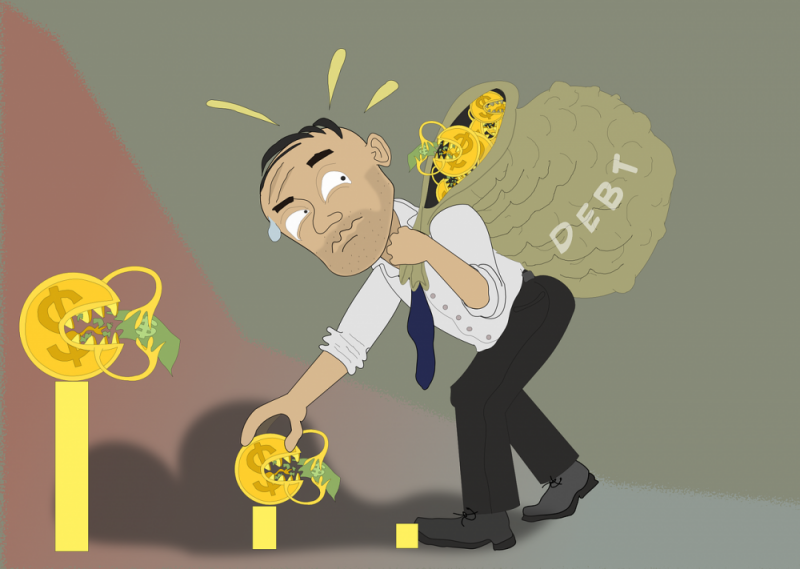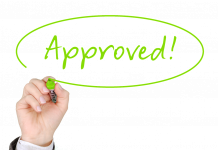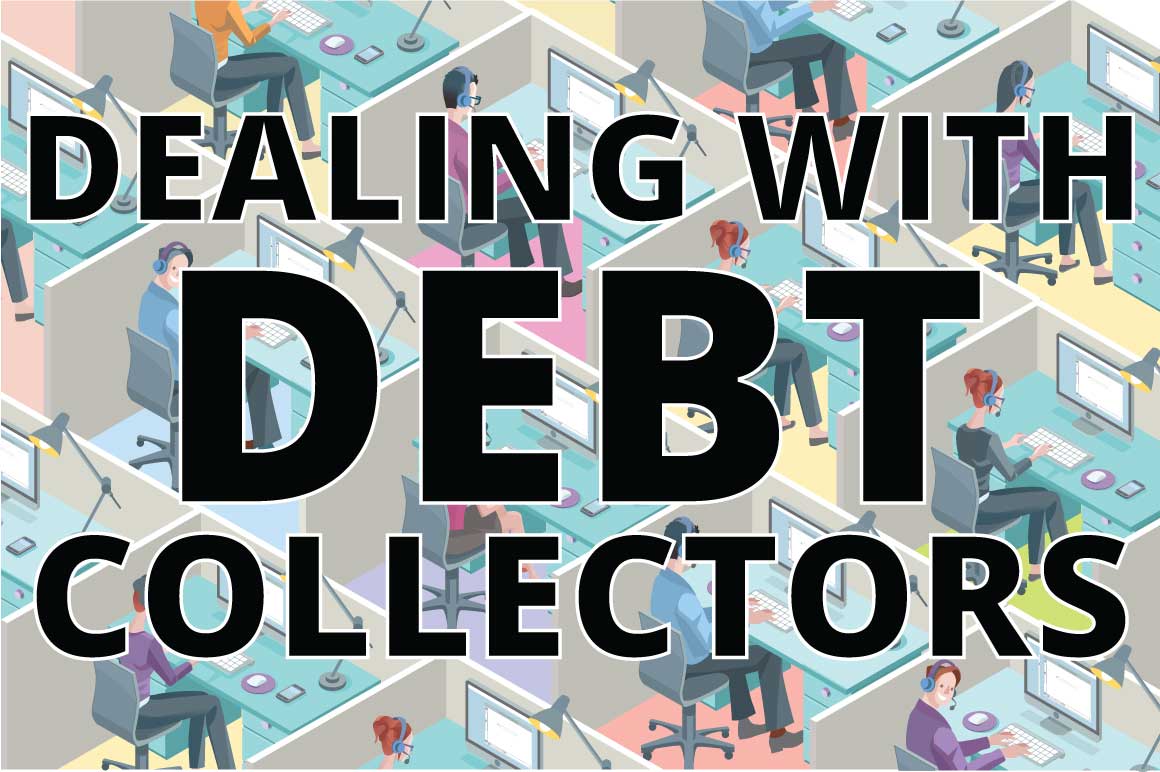Are you struggling to figure out how to pay off your debts? Well, the most effective way is to make a plan. The rest will fall in line after that.
Have you asked your lenders the time limit for your debt payment? How about if you can pay off debts electronically? Answers to these questions will help you prioritize which loan is cleared first and last.
Keep in mind that each kind of debt has different requirements. Make a plan that suits your budget, and make sure that your lender ensures you stick to it. Here are other ways to clear your debts.

Pay Off Student Loan Debt
Check with your lender first. Through the lender, you can confirm how much you owe them. It's always good to get a clear picture of your debt before you do anything else. In case you have more than one student loan, consider refinancing them to get a better interest rate. Also, increasing your income by cutting your expenses will help you have extra cash. Extra cash is always great, but specifically when you're in debt. You can put this extra cash towards clearing off debt.
For your high-interest loans, make your minimum payment and keep adding $50 to $100 every month. Lastly, consider working in states that don’t collect income tax. Instead, apply them to your debt.
Pay Off Personal and Car Loan Debt
Paying personal loans and car loans is a different process from paying credit cards. Here, the terms are different. The conditions of late payment are probably different, too. To clear your personal loan debt quickly, call your lender and negotiate for lower rates. You never know. This is crucial, especially if you have improved your credit history and credit score.
If you have been loyal and paying off your debts on time, your lender might consider reducing your rate. If you continue paying at a lower price, your money will go to your loan’s principal. This enables you to pay it off quickly.
Pay Off Mortgages
It's good to include this in your financial plan. But first, you should ask yourself whether it's also worth it to pay for a mortgage. You might not think to consider this, but you should. If you have other high-interest-rate debts, pay them first. It might make more financial sense.
Call your lender and confirm if there are any payment penalties. Otherwise, there are many options for paying your mortgage. Depending on your mortgage loan terms and conditions, consider these options.
- Make lump-sum payments once or twice a year.
- Make extra payments toward your principal each month.
- You could also apply for windfall money. This is more like a tax refund or work bonus. Put the money towards your mortgage.
- You could change your payments from 12 monthly to 26 biweekly payments per year. This will enable you to put extra money toward your principal to reduce interest. This also means paying off your debt faster.
- If you have good credit, you can negotiate for lower interest. However, make sure you keep all your payments the same. This will speed up the payment process.
Conclusion
The most important thing you should keep in mind when paying off debt is to plan and ensure you follow through. You should also call your lender and confirm whether there are any payment penalties. This way, you plan accordingly. Negotiating for a lower rate is another good option to ensure you speed up the payment.
All of these methods will be helpful in your efforts to pay off your debt successfully. We wish you the best of luck!




